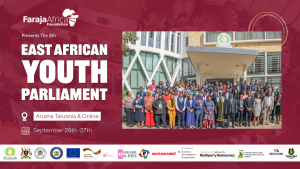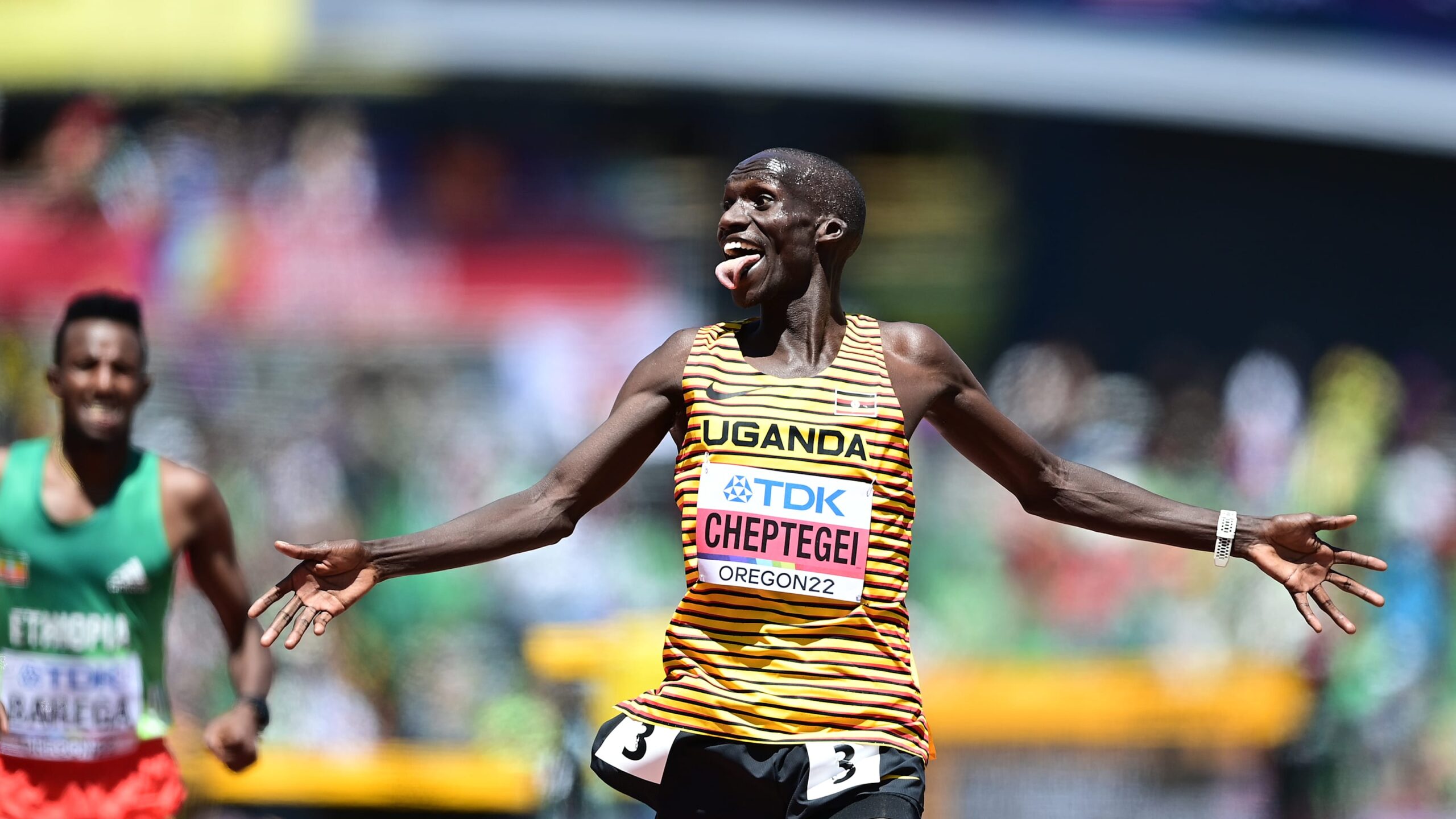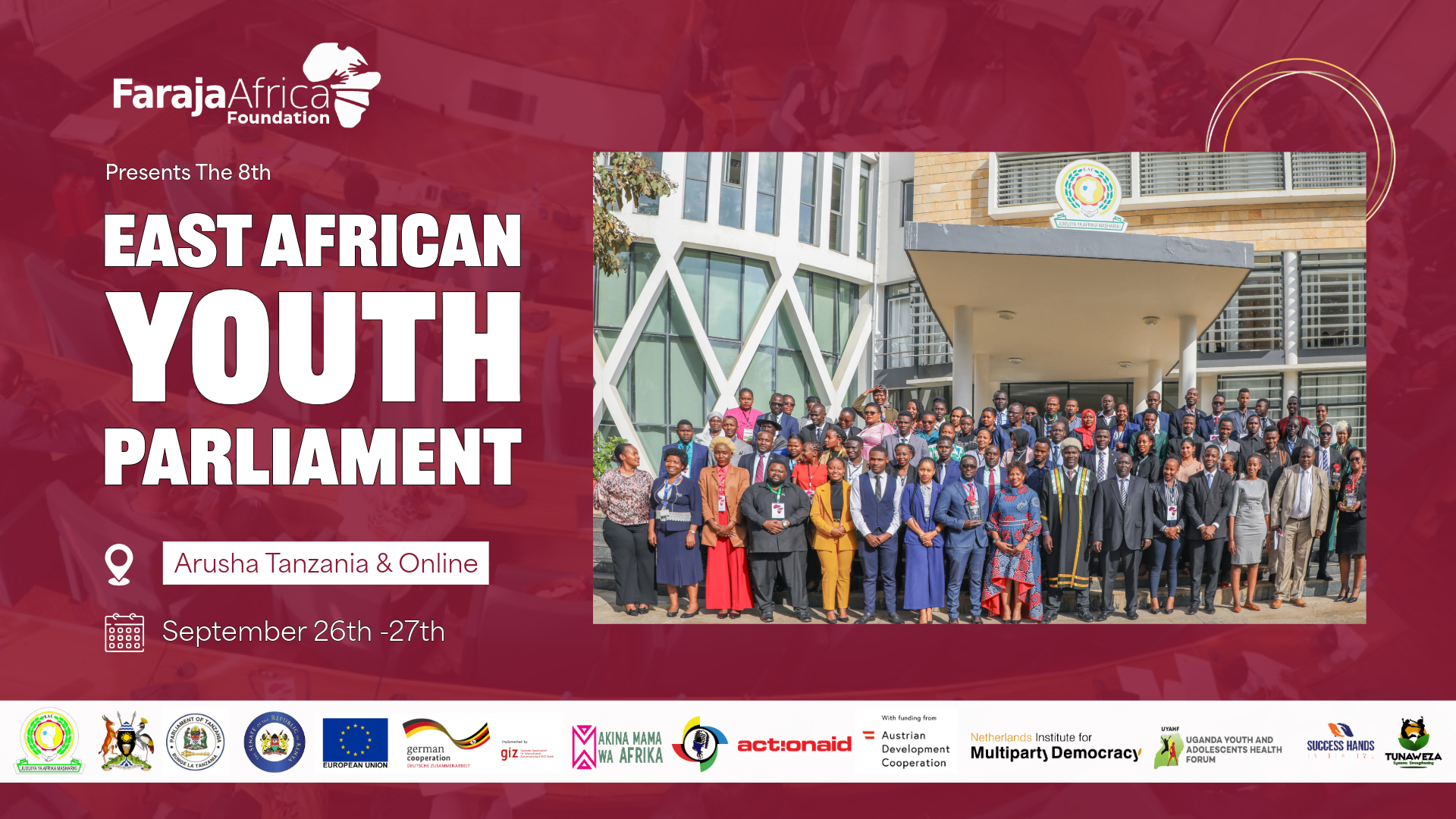The year was 2005, when 23-year-old Dorcus Inzikuru, the “Arua Gazelle” won a gold medal at the inaugural women’s 3,000 metres steeplechase event at the World Championships in Helsinki, Finland. Uganda had waited for over 33 years to get a gold medal from a competing athlete at the international level and such a huge milestone was worth celebrating. Praises and prizes were showered unto the smiling Inzikuru who inspired other young women athletes that they can also make it in the sports industry.
Inzikuru became an instant sports celebrity in Uganda and even the President gifted her with a house in Arua which she has been living in since 2007. It was all sunshine and rainbows for the long-distance runner until when she started receiving threats that the land on which her house stands is not hers and she needs to secure a land title which she has been chasing from the Ministry of Education and Sports, the Parliament and the Ministry of Lands and Urban Development until now and she’s still not yet successful. Even in her retirement, Inzikuru last got her monthly stipend of Ugx 5 million in 2017 which she had been promised to be getting every month each year.
Inzikuru’s story is a perfect example of how the government urges athletes to work hard but doesn’t fully appreciate and compensate them for all the hard work they invest in training and even after retiring from sports. Uganda has always shown peaks of sporting excellence and as staunch patriots, we have always shown love and support to our national teams that have competed on the international level and as Ugandans, we are very proud. Most of the athletes that represent Uganda are young people who are energetic and have a passion for what they do and they invest countless hours in training trying to make sure that they don’t disappoint their country.
However, the challenge comes in with the tokens of appreciation that these athletes are supposed to receive from the government which can be pending until when they’re forgotten. The next thing you hear is news headlines of sports personalities crying out to the government to build them a house or pay for medical bills and yet as citizens, we think these people are well-off which is not the case.
In the 2022/23 Uganda national budget, Ugx 47.81 billion was allocated to the sports industry meant to fund sports activities such as supporting national teams for international events like the Olympics, commonwealth games, continental championships and the East African community games. Despite all this sum of money invested in sports, you won’t be shocked to find out that sports teams still have inadequate funding, ramshackled training facilities, and poor administrative systems.
You ask yourself where all the money goes, seeing no signs of improvement in the sports sector but the major sports stakeholders will always claim that they’re supporting the sports industry and seeing a bright future of stars. The future is now and yet sports personalities are still earning peanuts as compared to how much time and effort they dedicate to representing their country.
The sports industry just like any other industry in Uganda is a profitable industry which sports personalities can earn an enormous amount of money from and also provide commercial investment opportunities for Uganda. With the right exposure as a result of better administrative systems, major sports personalities can even become brand ambassadors of various brands that support sports not only in Uganda but in other countries as well.
The major sports stakeholders should set policies in place that can lead to the self-sustainability of athletes even when they retire from sports. For instance, the one-off tokens of appreciation may not be sufficient enough but rather setting up high-performance athlete centres can be a great source of employment for retired athletes who can train and educate upcoming athletes while being paid handsomely for it.
It’s high time that sports personalities are recognized in Uganda because they are in a multi-billion industry known all over the world and the government can make it possible for them to reap fruits from it.





